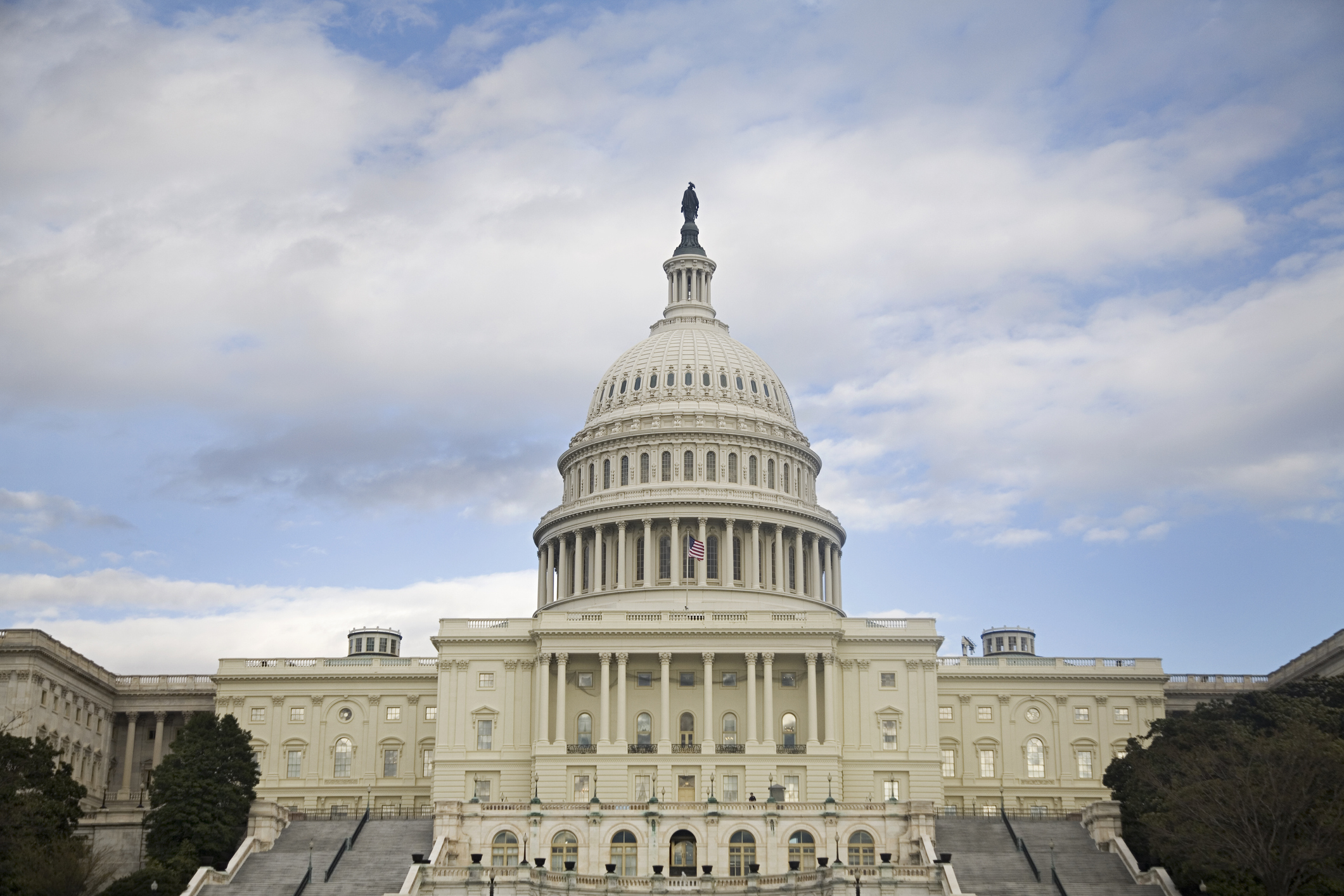
At the beginning of 2024, the U.S. House of Representatives passed $78 billion tax legislation that includes a newly expanded federal child tax credit (CTC) and various tax breaks for businesses.
Since then, the bipartisan tax package has been stalled in the U.S. Senate. Recently, hope that the new child tax credit will become law dwindled again, after the bill failed to advance in the Senate.
The bipartisan tax bill also included provisions that would have adjusted the CTC for inflation and allow families to use prior year income to calculate eligibility. That provision became a sticking point for some Republican senators.
For example, Senate Finance Committee ranking member Mike Crapo (R-Idaho) has said using prior-year income would allow families with no income to claim the credit and would "transform the CTC from primarily working family tax relief into a government subsidy."
Despite the setback, Democratic leaders like Senate Majority Leader Chuck Schumer (D-NY) have expressed hope for progress on the child tax credits in the future. For now, here’s what you need to know.
Child tax credit 2024 update
At this point, it is not clear whether an expanded child tax credit will become law. The tax package would need 60 votes to pass the Democratic-led Senate.
However, the child tax credit expansion, if it does happen, won’t reach as far as it did under President Biden’s American Rescue Plan. Here's what the expansion would look like under the House version of the bill:
- Ensuring families with lower incomes and multiple children would qualify for a larger portion of the credit. (The maximum refundable portion of the credit would have increased from $1,600 to $1,800 for the 2023 tax year.)
- Adjusting the child tax credit amount for inflation.
- Giving families the option to use prior year income to determine the refundable amount of the credit (the provision in question that could be removed).
Given the current framework, policymakers say families with the lowest incomes and multiple children will benefit the most from an expanded child tax credit.
However, even if the new CTC doesn't become law, the refundable portion of the child tax credit will increase for the 2024 tax year. But, the scheduled increase will not benefit families with lower incomes like the proposed child tax credit would.
Bipartisan tax bill child tax credit
The tax package that includes expanding the child tax credit would come with a hefty price tag of approximately $78 billion. How the expansion would be funded has been key in negotiations between Democrats and Republicans. The clawing back of a pandemic-era tax credit, the employee retention credit (ERC), could in part fund the new child tax credit deal.
The ERC offered incentives to businesses to retain employees, but as Kiplinger has reported, the IRS has seen a significant amount of fraudulent ERC claims. The agency issued a moratorium on processing new claims and offered programs to allow taxpayers to withdraw or pay back potentially incorrect claims. (The deadline for one such program was March 22. )
However, funding an expanded child tax credit is not the only hurdle the tax package has faced. As mentioned, the bipartisan tax deal involves compromises on other issues, which include restoring some business incentives from the Tax Cuts and Jobs Act (also known as the Trump Tax Cuts).
Increased child tax credit
The pandemic-era expanded child tax credit kept millions of children out of poverty, but that changed when the credit expired. Data show the poverty level increased from 5.2% to 12.4% when families could no longer benefit from the expansion.
Democrats have been trying to bring the federal expanded child tax credit back since its expiration, but have so far failed.
In the meantime, several states have expanded child tax credits. For more information, see Kiplinger's report Who Will Get an Expanded Child Tax Credit This Year?







